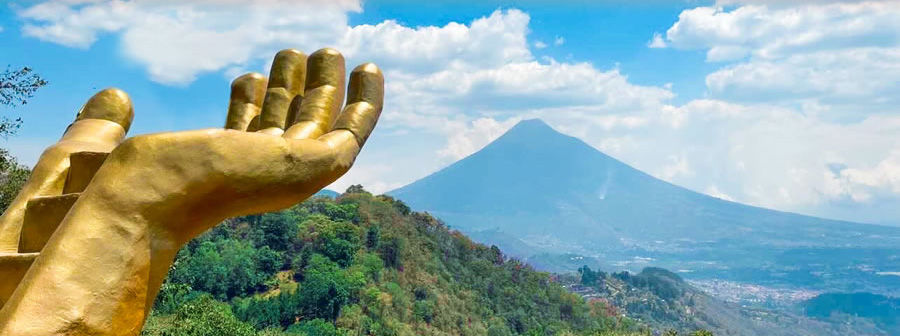Extractivism and Transition Research Online Dialogues (ETROD)
- Susann Baez Ullberg

- Apr 15, 2024
- 2 min read
ETROD is an online format that started in 2020. Every month we invite an academic to discuss her current work (e.g. paper drafts, book chapter or else) that broadly connects to our overarching theme. As this is a dialogue rather than a standard presentation format, we circulate papers in advance and encourage our audience to engage in a conversation after an input from the author. This way, ETROD aims at rendering concepts more precise and critically engages with theories and methods related to resources and de/resourcification processes and the conditions and consequences of current resource transitions.
For more information and regular updates, please register for our mailing list by dropping an email to: etrod@zirs.uni-halle.de. If you want to suggest a talk, a speaker or join the organizing team, please use the same email address.
The upcoming session:
18.04.2024 | 4-5:30 pm (CET) ETROD: “Catalysis – A Molecular Planetary Technology” by Benjamin Steininger (TU Berlin)
AbstractSince about 1890, substances called catalysts are used as accelerators for reactions in chemical industry – not much later they become steering agents for reactions, too. This type of micro agency, hidden in chemical plants and reactors, has proven one of the most powerful technologies of modernity and the Anthropocene. As a "molecular moblisation" this marks a shift in modern materiality, history, and in the human condition. Both World Wars, the Great Acceleration, the Green Revolution, petrochemistry, and consumer capitalism depend on catalysis products: on man-made fuels, ammunition, fertilizers, plastics, etc. Planetary and molecular, biotic and industrial, societal and chemico-physical dynamics need to be interpreted as interrelated. My talk claims for a chemically informed cultural theory and a media theory of materials. Catalyst are chemical media, and catalysis as a multiscalar, multicontext type of process calls for the respective integration of chemical, historical, societal, and geographical thinking. In a first step I will adress examplary aspects of the processuality itself, the scientifically still contested "active centres" of the reaction. In a second step I will turn to the question of "tank or plate", to the various connections of petrochemistry and the agricultural complex. The process landscape of Leuna–Merseburg and its history can serve as one of most complex and telling spots to enter this field.
To join online, please use the following link:
Meeting-ID: 650 2098 8539
Kenncode: 639066








Comments